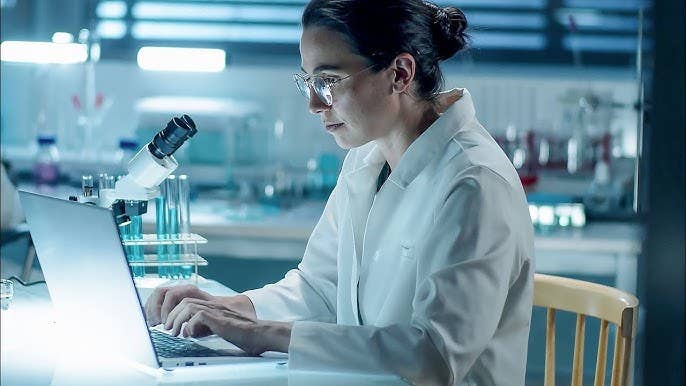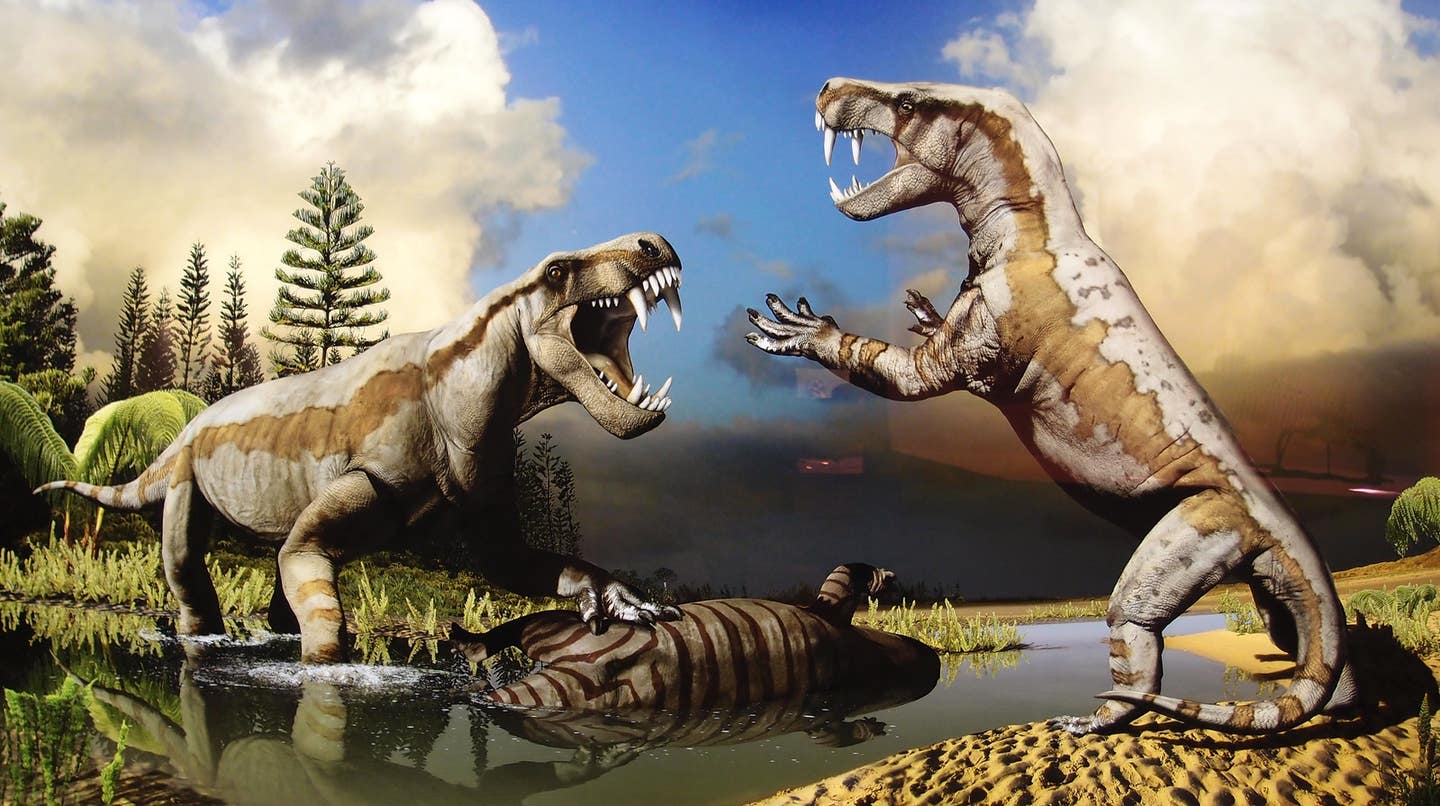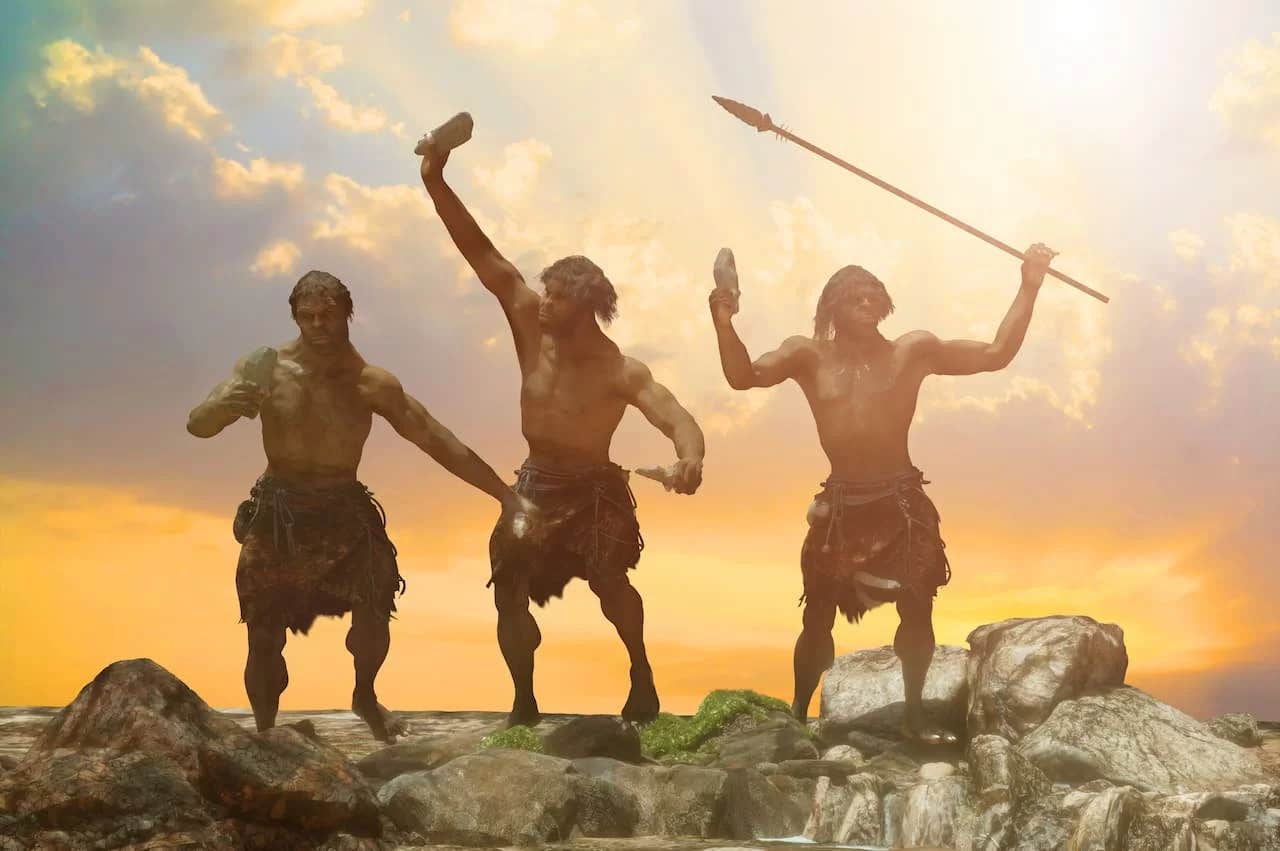Google AI solves a decade-long superbug mystery in just two days
AI solved a decade-long superbug mystery in 48 hours, showing its potential to revolutionize research and accelerate scientific discoveries.

Superbugs, or antibiotic-resistant bacteria, pose a serious global health threat. (CREDIT: CC BY-SA 4.0)
A decade of microbiological research was unraveled in just 48 hours by an artificial intelligence (AI) tool. Professor José Penadés and his team at Imperial College London had spent years investigating why certain bacteria become resistant to antibiotics. They had worked tirelessly to uncover how superbugs evolve and spread. But when Google’s AI "co-scientist" was given the same challenge, it reached the same conclusion in two days.
Penadés was stunned. His findings were unpublished, meaning the AI couldn't have simply found them in existing research. He initially wondered if the AI had accessed his private computer files. "I wrote an email to Google to say, 'Do you have access to my computer?'" he told BBC Radio Four.
Google assured him it did not. Instead, the AI had independently generated the correct hypothesis. Even more remarkably, it proposed four additional theories, all scientifically plausible, including one the researchers had never considered.
Penadés and his colleagues now believe this AI system could revolutionize scientific discovery. "I feel this will change science, definitely," he said. "It’s like finally playing in a Champions League match."
Unlocking the Secrets of Superbugs
Superbugs, or antibiotic-resistant bacteria, pose a serious global health threat. Researchers have been struggling to understand how these dangerous microbes acquire resistance and spread between species.
Penadés’ team hypothesized that some bacteria evolve by borrowing genetic material from viruses. These bacteria acquire viral "tails," structures that allow them to move between different species, much like a key opening multiple doors. This concept was unique to their research and had never been published.
To test the capabilities of Google's AI, the team asked it to solve this mystery. The AI quickly returned a set of hypotheses. Its top answer? That superbugs evolve by acquiring viral tails—exactly what the researchers had painstakingly confirmed over the past decade.
Related Stories
"Had we started with this hypothesis, it would have saved us years," said Penadés. This experiment proved that AI could generate groundbreaking scientific theories in record time, eliminating many of the dead ends that slow traditional research.
AI as a Partner in Scientific Discovery
Google’s AI co-scientist is not designed to replace human researchers. Instead, it aims to work alongside them, offering rapid analysis and innovative insights. Unlike previous AI models, this system can engage in a dialogue with scientists, refine its ideas based on feedback, and propose new directions for research.
Dr. Tiago Dias da Costa, who co-led the experimental work at Imperial College, highlighted the significance of this approach. "Scientific research involves a lot of trial and error. We often explore numerous experimental dead ends before finding the right path," he explained. "This AI has the potential to rule out dead ends early, allowing us to move at an extraordinary pace."
The AI co-scientist works by analyzing vast amounts of data, including published research papers, scientific databases, and manually submitted private documents. It then synthesizes all available evidence, forms hypotheses, and even suggests experimental designs.
Imperial College researchers deliberately designed their AI challenge to test its problem-solving ability. Instead of asking an open-ended question, they fed it a problem they had already solved, ensuring they could evaluate the accuracy of its response. The AI exceeded expectations, not only replicating their findings but also suggesting alternative lines of inquiry.
A New Era of Faster, Smarter Research
Artificial intelligence is rapidly reshaping scientific discovery. Supporters argue that AI can supercharge research, making it faster and more efficient. Critics worry it could eliminate jobs and diminish the role of human scientists. Penadés, however, sees AI as a powerful tool rather than a threat.
"When you think about it, it’s more like having an extremely powerful assistant," he said. "This will make science better, not replace scientists."
Professor Mary Ryan, Vice Provost for Research at Imperial College, agrees. "The world faces enormous challenges—from pandemics to environmental crises and food security," she said. "AI can accelerate scientific breakthroughs and drive innovation in ways we've never seen before."
Imperial College, in collaboration with the Fleming Initiative and Google, is working to refine the AI co-scientist system. The goal is to enhance its ability to assist researchers across various fields, from drug discovery to environmental science.
The potential applications are vast. In the fight against antimicrobial resistance, AI could help scientists quickly identify promising drug candidates. It could streamline literature reviews, allowing researchers to synthesize massive amounts of existing knowledge in minutes rather than months. It might even lower the barriers to entry for young scientists, giving them access to cutting-edge insights without requiring decades of experience.
Dr. Dias da Costa is optimistic. "AI can help us focus on the most important questions and experimental designs. If it works as well as we hope, this could be game-changing," he said.
For now, AI remains a research partner, not a replacement. But as its capabilities grow, the speed of scientific discovery may soon reach levels once thought impossible.
Note: Materials provided above by The Brighter Side of News. Content may be edited for style and length.
Like these kind of feel good stories? Get The Brighter Side of News' newsletter.
Joshua Shavit
Science & Technology Writer | AI and Robotics Reporter
Joshua Shavit is a Los Angeles-based science and technology writer with a passion for exploring the breakthroughs shaping the future. As a contributor to The Brighter Side of News, he focuses on positive and transformative advancements in AI, technology, physics, engineering, robotics and space science. Joshua is currently working towards a Bachelor of Science in Business Administration at the University of California, Berkeley. He combines his academic background with a talent for storytelling, making complex scientific discoveries engaging and accessible. His work highlights the innovators behind the ideas, bringing readers closer to the people driving progress.



